
If you are reading this, you have had a difficult day. You’ve likely been stopped by a police officer, detained, and asked to perform some very tricky field sobriety exercises, under some very difficult conditions.
Then, you were arrested and taken to jail.
Obviously, you are stressed out, nervous, and confused. Take a deep breath. It’s time for you to take charge of this situation.
To get started, follow these steps.
Step One: Hire the Best Tampa DUI Attorney
You will find many DUI attorneys listed on the internet. How do you know which attorney is best for your case?
Below are some important questions to ask the attorney you are considering hiring. Don’t be afraid to ask these questions. If the attorney won’t answer the questions directly, or if their answers don’t satisfy you, then contact another attorney. You deserve the best possible legal representation.
1. How many years have you been practicing DUI law?
In the legal profession, experience is key to success. If the attorney you are speaking with has less than 10 years experience handling DUI cases, consider searching for a more experienced attorney.
2. Were you a DUI prosecutor, and if so, for how long?
An attorney that has worked as a DUI prosecutor knows how the State Attorney’s Office prepares its DUI cases, and that knowledge is helpful when defending a DUI. Select an attorney that worked as a state prosecutor for at least five years.
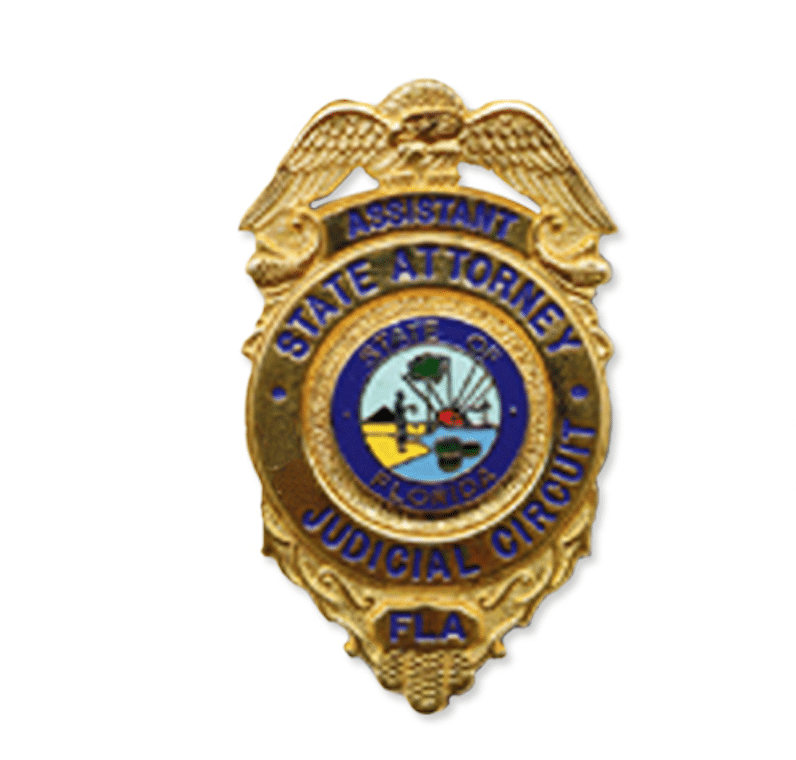
3. Do you only practice criminal law?
Some attorneys handle a variety of legal issues, like car accidents and divorces.
Choose an attorney that concentrates his or her legal practice on criminal law only. Don’t hire a personal injury attorney or a family law attorney to handle your DUI case. Hire an experienced criminal defense attorney.
4. Are you Board Certified by the Florida Bar as an expert in criminal trial law?
DUI is a criminal offense. Depending on the facts of the case, the penalties for a Florida DUI can include a jail or a prison sentence.
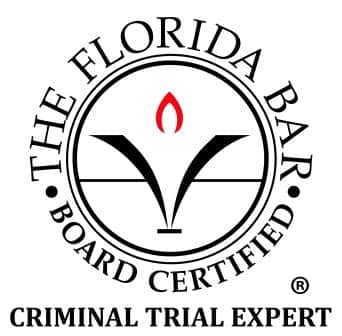
The Florida Bar, which is the organization that licenses and regulates all Florida lawyers, has set up a board certification program to help consumers determine which attorneys are experts in a particular area of law.
The standards to become a Florida Bar board certified criminal trial expert are rigorous, and include the following requirements:
• the attorney must have practiced law for at least five years.
• the attorney must have handled at least 20 jury trials.
• the attorney must pass a very difficult six-hour examination on criminal law.
Also, every five years, the attorney must re-apply to keep his or her board certification. If the attorney does not keep up with the Bar’s requirements, they lose the honor of being board certified in criminal trial law.
Board certification is a great honor for Florida DUI defense lawyers. Less than one percent of Florida attorneys are board certified in criminal trial law!
If you hire a Florida Bar board certified criminal trial attorney to handle your DUI, you will be in good hands.
5. Will you be the attorney that will handle my case in court, or will you assign my case to a less experienced attorney?
Some attorneys hire recent law school graduates to handle their firm’s cases. Avoid firms that do this. You don’t want a novice attorney handling your case. Make sure the attorney that you interview is the attorney that will handle your case in court.
6. Do you live and work in Tampa Bay?
Some attorneys that advertise themselves as Tampa Bay DUI attorneys live and work in other areas of Florida, and they rarely come to the Hillsborough or Pinellas County Courthouses. These attorneys are unfamiliar with how Tampa Bay judges manage their courtrooms, and they are unacquainted with the policies and procedures that the Hillsborough and Pinellas County State Attorneys follow when prosecuting DUI cases. This lack of familiarity can adversely affect the outcome in your case. Hire an attorney that lives and works in the Tampa Bay area.
7. What do your former clients think of you?

Review the attorney’s online Google reviews. Do these online reviews show that the attorney works hard to get his or her clients the best possible result? Do the reviews show that the attorney takes the time to promptly return phone calls and answer the client’s questions? Do these reviews indicate that the attorney genuinely cares about his or her clients? If you see a pattern of bad reviews, consider contacting another attorney.
8. How much do you charge for a DUI?
An experienced DUI attorney won’t come cheaply. However, some attorneys may take advantage of the situation, and charge you an unreasonably high fee.
There are a variety factors that an attorney will consider when quoting you a fee for a DUI case, including:
• if you have any prior DUI arrests
• if the results of your breath alcohol results were above .15
• if a child was a passenger in the car at the time of the DUI arrest
• if you have a commercial driver’s license
• if the DUI involved property damage
• if the DUI caused someone personal injury
Make the Final Decision on which DUI Attorney To Hire
Ask the attorney with whom you are speaking all 8 of questions listed above, and then hire the attorney with whom you feel the most comfortable, that is within your price range.
Step Two: Educate Yourself About the Florida Department of Highway Safety and Motor Vehicles’ DUI Administrative Process
A DUI arrest results in two separate legal proceedings.
The first of these proceedings deals only with your driver’s license, and is called the Florida DHSMV DUI Administrative Case.
The second of these proceedings is called the criminal case. The criminal case will be described at the end of this article.
Understanding the Florida DUI Traffic Citation
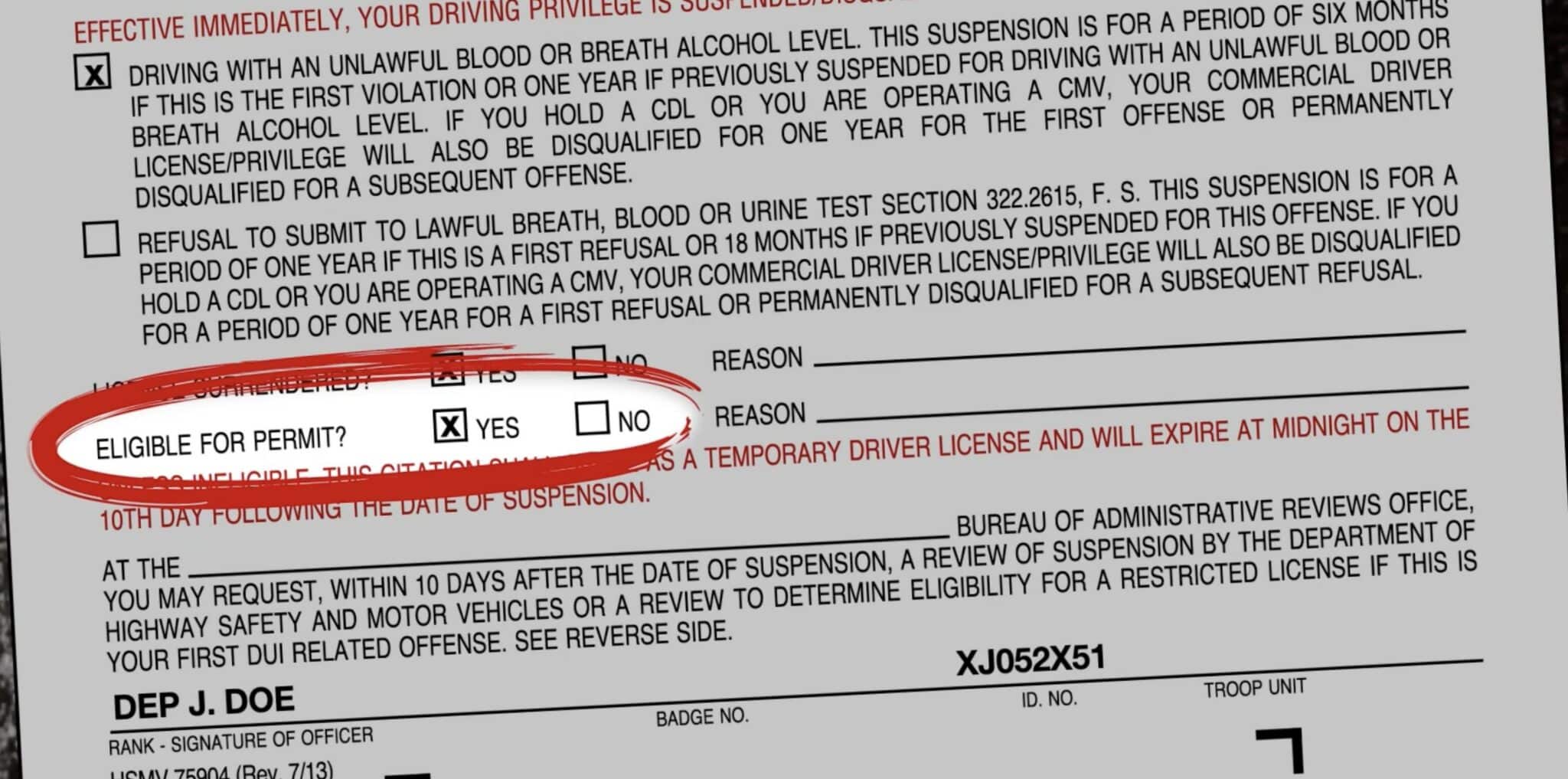
With respect to the DHSMV administrative case, when you were arrested the law enforcement officer issued you a Florida DUI Uniform Traffic Citation. In most cases that citation will serve as a temporary driver’s license for 10 days. To verify this, look at the bottom of your citation. You will see the words “ELIGIBLE FOR PERMIT.” If the box next to these words is checked “yes” you can drive for 10 days from the date of your arrest. If the box is checked “no” your license is suspended, and you cannot drive.
What Happens if you get a DUI Citation and You do Nothing?
If you do nothing in the 10 days after your DUI arrest, your license will be suspended as follows: If you submitted to a breath test and your blood alcohol level was above .08, your license will be suspended for six months. If you refused the breath test, your license will be suspended for one year. If this is your second or subsequent refusal, your license will be suspended for eighteen months.
What is a DHSMV DUI Formal Review Hearing?
Your attorney can fight the DHSMV administrative suspension by requesting a DHSMV Formal Review Hearing within 10 days of your arrest. If your attorney requests a Formal Review Hearing the DHSMV can issue you a 42-day temporary driving permit that will delay your driver’s license suspension.
During that 42-day period, the DHSMV will hold a formal review hearing, during which a hearing officer, who is an attorney that works for the DHSMV, will determine the following three things:
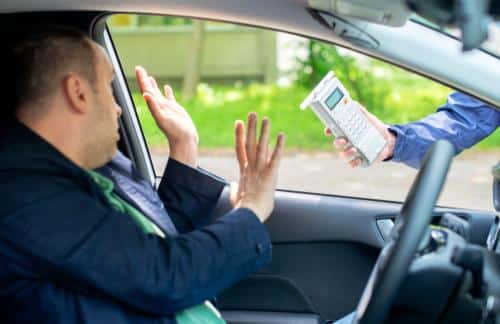
First, whether the law enforcement officer had probable cause to believe that you were driving or in actual physical control of a motor vehicle in Florida while under the influence of alcohol or a chemical or controlled substances.
Second, whether you refused to submit to a breath or urine or blood test.
Third, whether you were told that you refused to submit to testing, that your driver’s license would be suspended for 1 year in the case of a first refusal, or 18 months in the case of a second or subsequent refusal.
If the hearing officer finds that the answer to these three questions is “yes,” you lose the hearing and your license remains suspended. However, under certain circumstances, you can win the formal review hearing, and when that happens, the suspension of your driver’s license is overturned, and you get your license back.
When Should a Person Give up their Right to a DHSMV DUI Formal Review Hearing?
If this is your first DUI you can give up your right to a Formal Review Hearing and apply for a Business Purpose Only License, within 10 days of your arrest. With a Business Purpose Only License you can drive during your suspension period to and from work, school, medical appointments, and religious services.
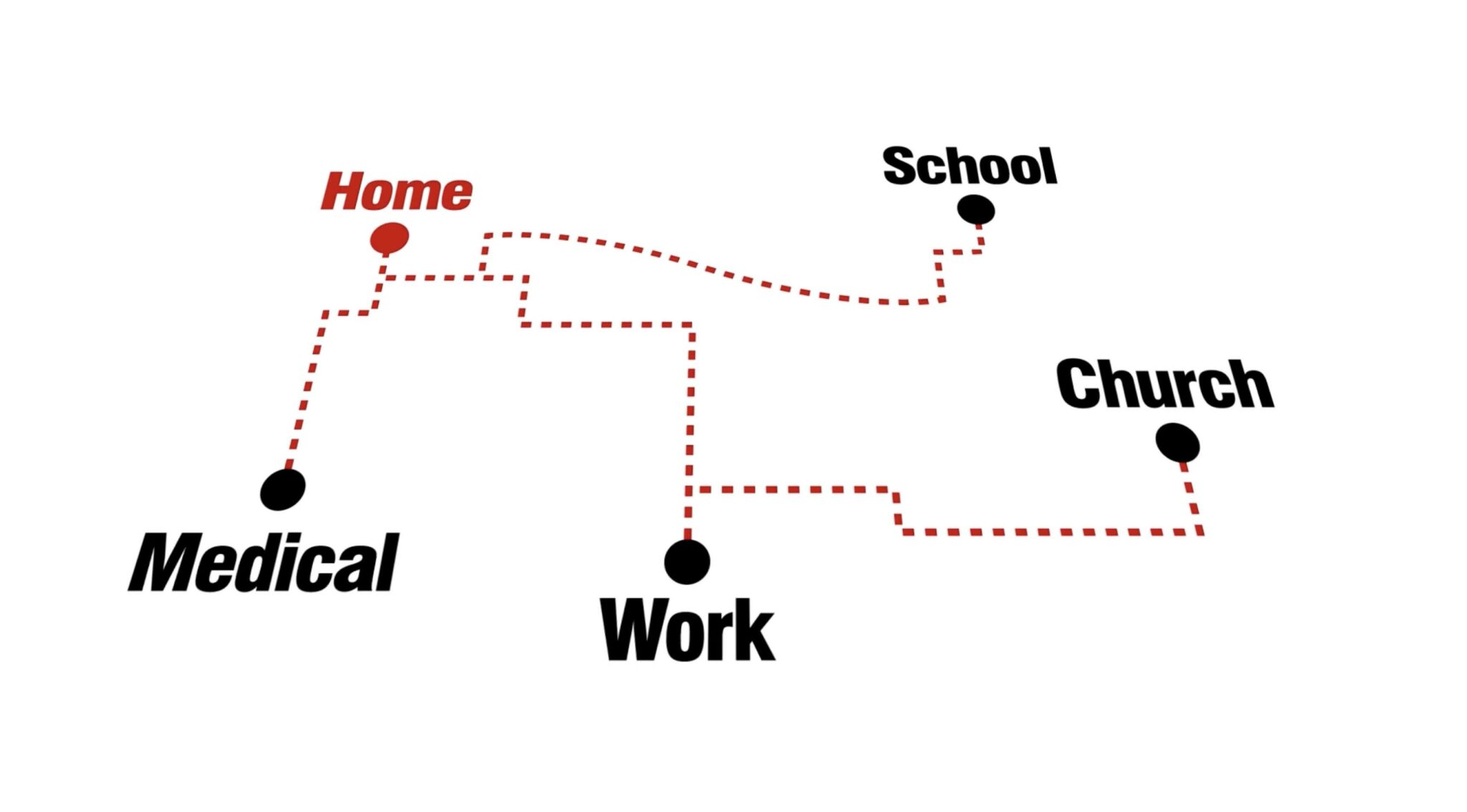
For some people, for example, persons for whom it is absolutely necessary to continue to drive to and from work, it may make sense to give up the right to a formal review hearing and proceed directly to a business purpose only license. However, for other persons, like people with an out of state driver’s license, or people that work from home and don’t need to drive, it may make more sense to request the formal review hearing.
You should work with an experienced DUI attorney during the DHSMV administrative process. They can guide you to help you make the best possible decision for you.
Step Three: Make Notes about Your Arrest
As soon as you are able, write down everything you can remember about the events that led to your arrest. Why did the officer stop you? If the officer alleged you committed a traffic infraction, is that true? If not, what evidence might exist to show you did not commit a traffic infraction? If the police officer or sheriff’s deputy stopped you unlawfully, this may be a defense in your case.
Were you on any medications? If so, could those medications have affected your performance on the field sobriety exercises?
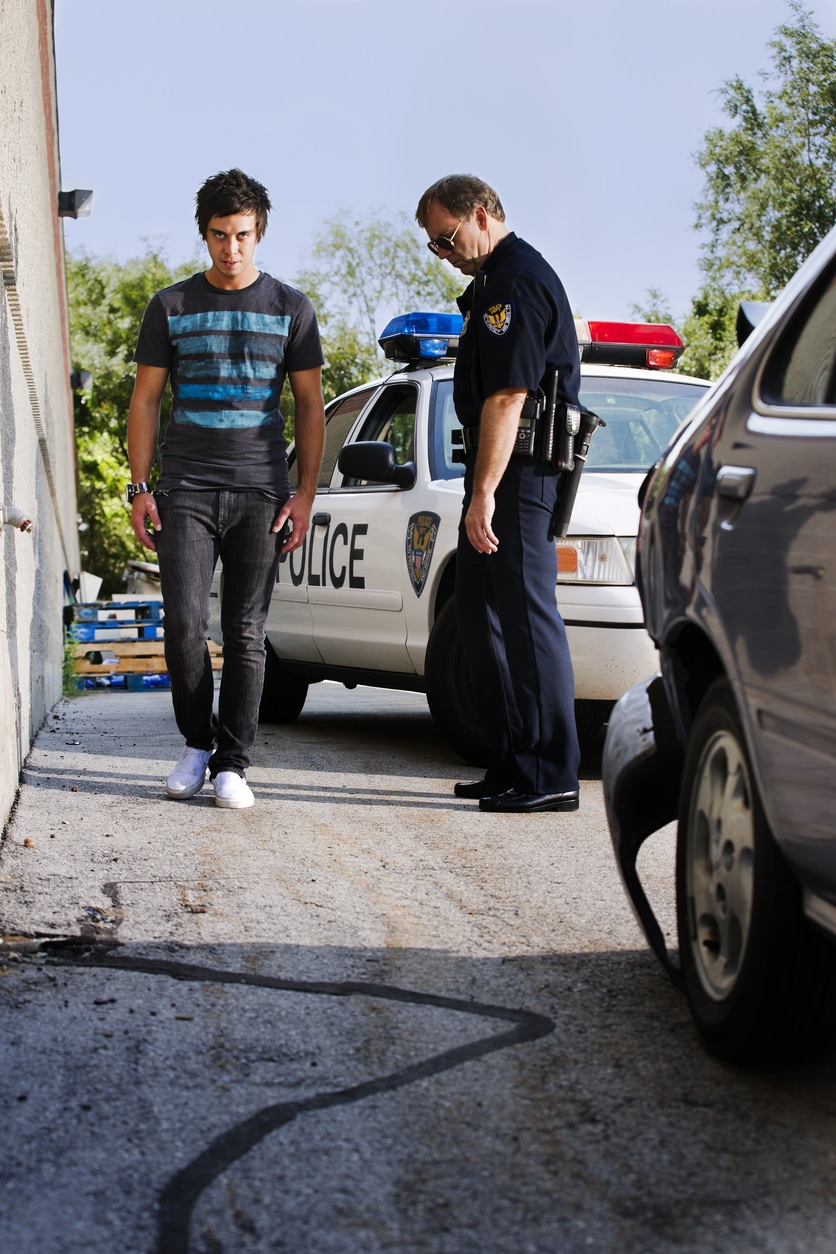
Had you worked the day of your DUI arrest, and if so, where, and for how long?
Do you have any physical problems that might have affected your performance on the field sobriety exercises?
Were you in a car accident? Did the airbags deploy? If so, the airbags could have released chemicals into your car that could have made your eyes red and watery, like that of a person that had been drinking alcohol to excess. Also, a car accident can affect a person’s performance on the walk and turn field sobriety test and the one leg stand field sobriety test.
What were the conditions like at the time you performed the exercises? Was it cold? Was the ground level? Were there lights in your eyes that were bothering you? Is English your first language?
These are all important questions. You should make notes about these issues and then present the notes to your attorney.
Step Four: Collect Evidence
Think about what evidence might exist that could be helpful to defend your case. Are there medical records or prescription records that might explain your performance on the field sobriety exercises?
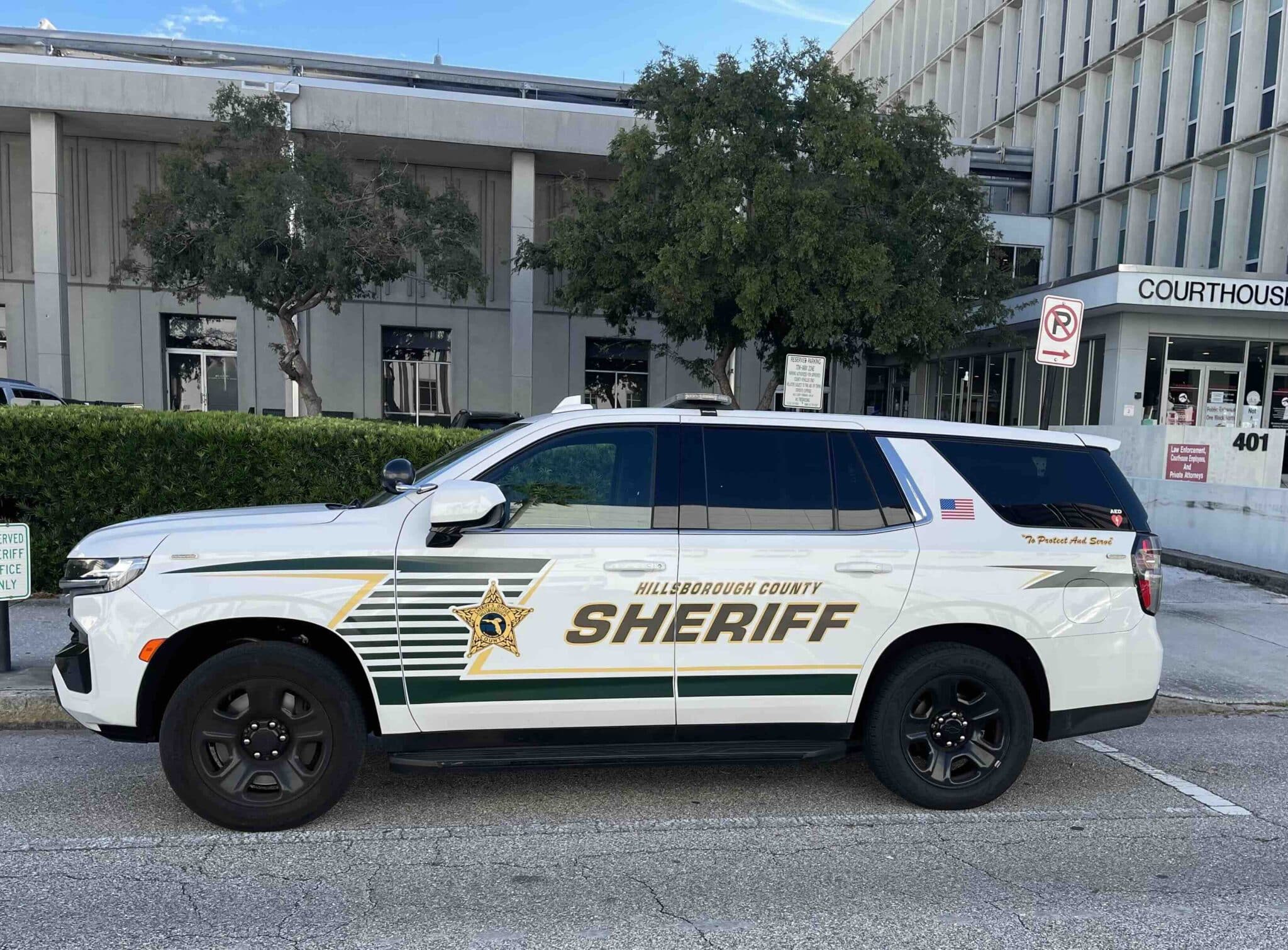
Are there any photos, text messages, videos, or receipts that might be helpful to your defense? Are there are witnesses that might be able to provide favorable testimony? You and your attorney will need to move fast to preserve evidence. Often, videos from restaurants, gas stations, and other business are not persevered for more than a few days. Also, peoples’ memories fade quickly.
Step Five: Make a List of Potential Witnesses
With the help of your attorney, consider if there are any witnesses that might be helpful to your defense. For example, in one DUI case, attorney Hardy was able to convince the State Attorney’s Office to reduce a DUI charge to reckless driving, based in part on a witness’s testimony that the accused had only drank one or two beers during the span of several hours.
Step Six: Educate Yourself About the Court Process
Below are some key points of a DUI case as it proceeds through court.
Your Attorney will file a Notice of Appearance
After you hire your attorney, he or she will file a document with the clerk of court called a “Notice of Appearance.” In this document, your attorney lets the judge, the prosecutor, and the clerk of court know that he or she will be representing you in court.
The DUI Arraignment
The purpose of an arraignment is for the judge to inform the defendant of any pending criminal charges. Normally, the Defendant will plead not guilty at arraignment.
Your attorney will most likely file a form that waives your presence at arraignment. Essentially, your attorney enters a written “not guilty” plea on your behalf.
Disposition Hearings / Pretrial Conference Hearings
These are court dates in which the judge will check in with the defense attorney and the state attorney for an update on the progress of the case. In Hillsborough County, court dates like these are called disposition hearings. In Pinellas and Pasco Counties, these court dates are called pretrial conference hearings.
Your attorney will likely file a form with the clerk of court which excuses your presence for these hearings.
The State’s Discovery Obligations
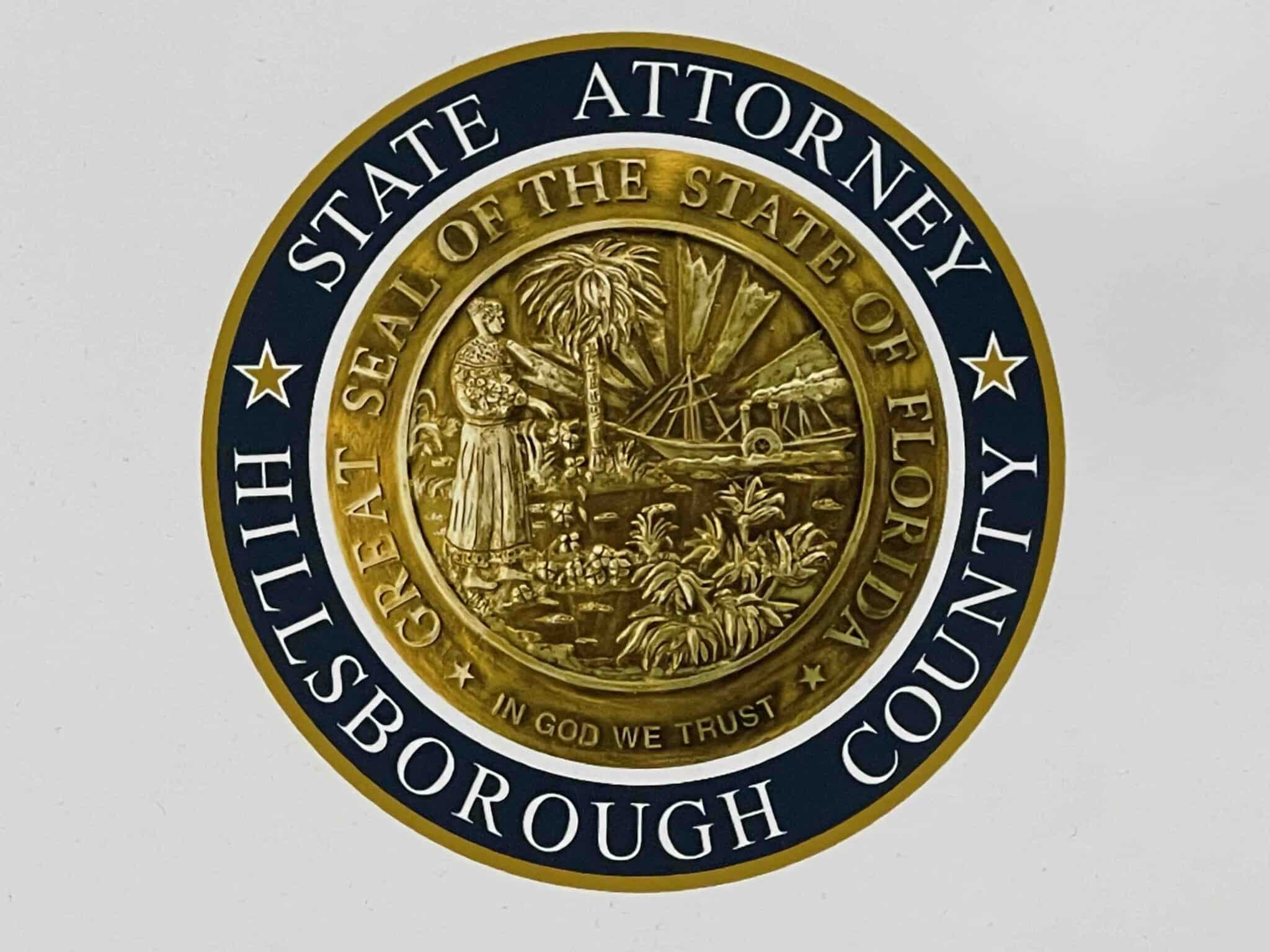
The State Attorney must comply with the Florida Rules of Criminal Procedure. Florida Rule of Criminal Procedure 3.220 requires that the State Attorney must provide the Defendant with evidence, such as the names of witnesses, any witness statements, any statement made by the accused, and any video or audio recordings. Also, the State must disclose if they intend to rely on an expert witness at trial, such as a drug recognition expert.
Motions to Suppress
A motion to suppress is a motion that a defense attorney can make to request that a judge exclude evidence at a trial. The argument in a motion to suppress is that during their DUI investigation, the police violated a defendant’s constitutional rights, and the remedy to that violation is the exclusion of the unlawfully obtained evidence at trial. If the judge grants a motion to suppress, the result in some cases is that the prosecutor will drop the DUI case.
Plea Negotiations
After reviewing all the evidence and meeting with you to discuss that evidence, your defense attorney may contact the assistant state attorney that is handling your DUI case, to see if the sides can reach a negotiated plea agreement. Sometimes, the state attorney will agree to reduce the DUI charge to reckless driving.
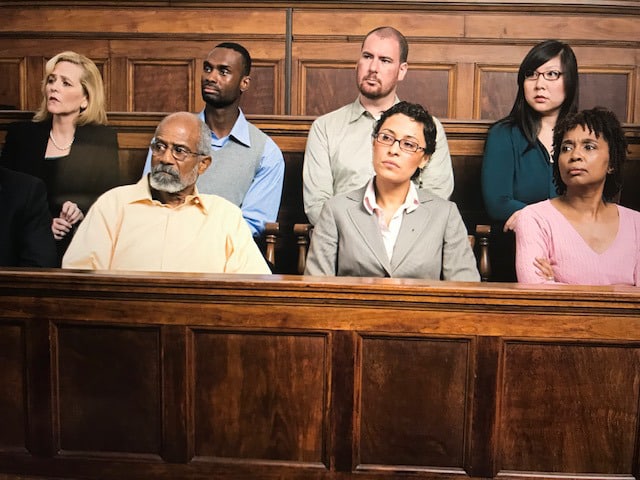
DUI Trials
Sometimes, the defense and the state attorney cannot reach an agreement, and the DUI case proceeds to trial. Before the trial starts, the two sides and the judge will work together to select the members of a jury. Then, the two sides can make opening statements, to lay out their version of events. Then, the state attorney will present witnesses and other evidence. The defense attorney can cross examine witnesses, and present witnesses and evidence. If there is a dispute as to the facts of the case, the members of the jury will decide which version of events they believe to be true. The defendant can, but does not have to, testify in his or her own defense. The two sides then make closing arguments. To find a defendant guilty of DUI, the state attorney must prove the defendant’s guilt beyond a reasonable doubt.
Will I go to Jail for a DUI?
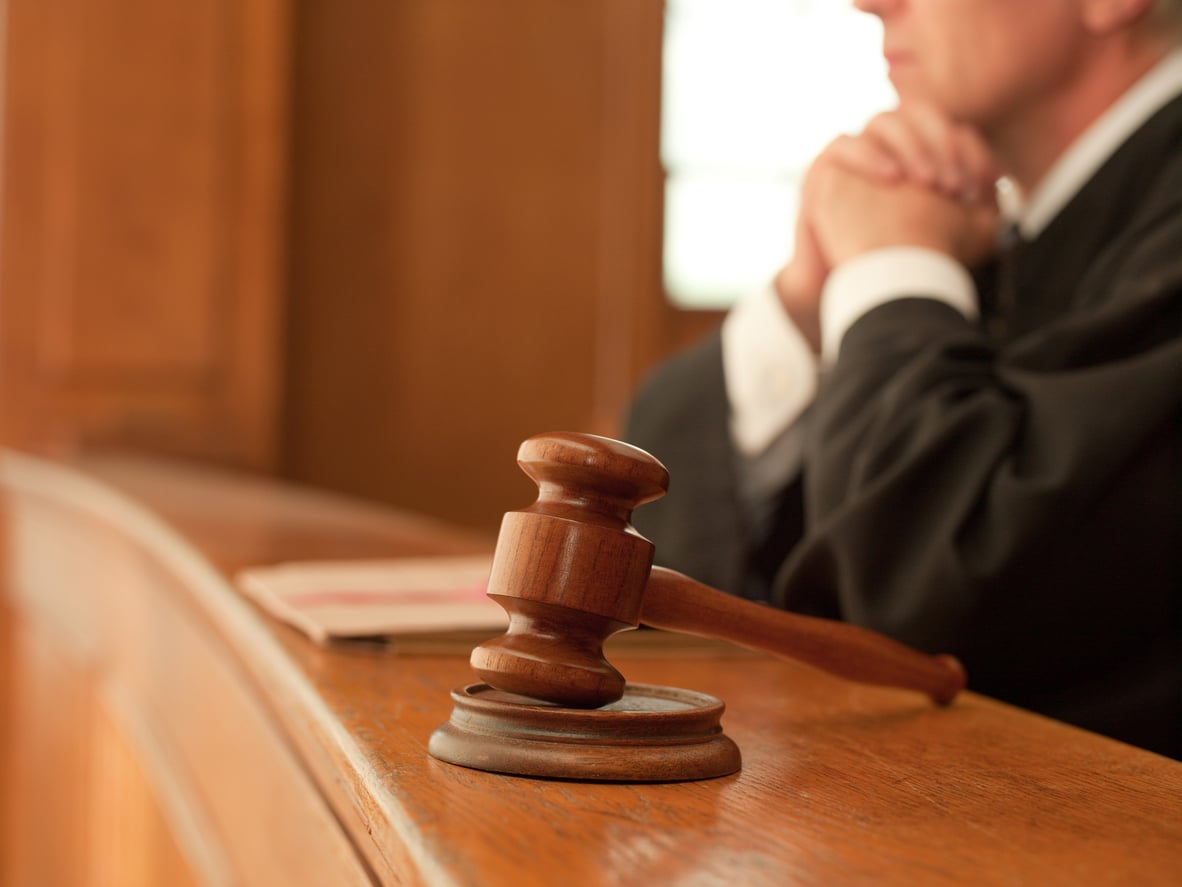
Many people arrested for a first time DUI in the Tampa Bay area believe that the judge is going to send them to jail. In most cases, this does not happen. There are a variety of outcomes that can result from a DUI arrest.
From time to time, due to a lack of evidence, a prosecutor will drop a DUI charge. Police sometimes arrest a person for DUI when the person was not driving under the influence. It happens more than you might think. Law enforcement officers are human beings, and they make mistakes. In cases like these, your attorney will contact the State Attorney’s Office and request that the State of Florida drop the case.
There are other times, due to a lack of evidence or other weakness in the case, when the prosecutor will offer to reduce a DUI charge to reckless driving.
Often, a prosecutor will use their discretion to reduce a DUI charge to reckless driving because the facts of the case don’t warrant a criminal conviction, and the driver has no prior criminal record.
Other times, a person may be required to plead guilty to DUI and complete a probation.
However, in certain cases, a judge will sentence a DUI defendant to jail or prison.
The penalties for DUI will depend on a variety of factors, including whether the driver has any prior DUI convictions, whether there was property damage or an injury as a result of the DUI, whether a child was in the car at the time of the DUI, and the whether the driver’s breath alcohol level was above .15.
Have you been arrested for driving under the influence in the Tampa Bay area?

Tampa Attorney David C. Hardy is a former DUI prosecutor that now represents persons accused of DUI. He is Board Certified by the Florida Bar and the National Board of Trial Advocacy as an Expert in Criminal Trial Law. As a prosecutor and defense attorney, he has extensive experience handling all types of DUI cases.
If you or a loved one has been arrested for DUI in Hillsborough County Florida, Pinellas County Florida, or Pasco County Florida, contact Attorney David C. Hardy. He has the knowledge, skills, and experience to guide you through this process and obtain the best possible results.
Posted in Florida DUI Defense
